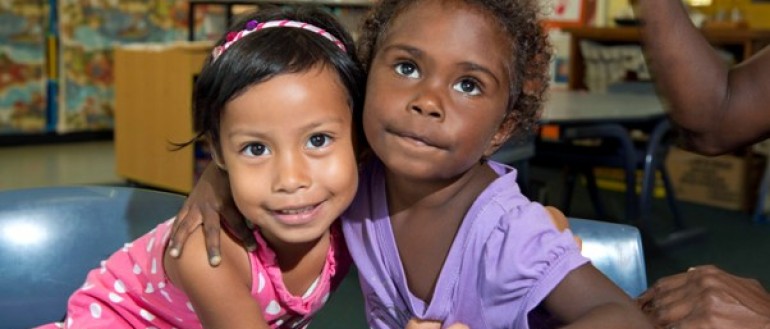PneuMatters Study: Preventing early-onset pneumonia in children through maternal immunisation: a multi-centre randomised control trial (RCT)
Funder:
- National Health and Medical Research Council (NHMRC)
Collaborators:
- Menzies School of Health Research
- Queensland University of Technology
- University of Adelaide
- The University of Queensland
- Royal Prince Alfred Hospital
- Griffith University
- Duke University, USA
- Likas Children’s Hospital, Kota Kinabalu, Malaysia
- Logan Hospital
- Toowoomba Hospital
- Royal Brisbane and Women’s Hospital
- Royal Darwin Hospital
Aims:
Primary aim:
- To compare the incidence of any medically attended ALRI in the first 12 months of life by maternal receipt of the 10vPHiD-CV at 27(+6 days) – 34(+6 days) weeks of gestation.
Secondary aims:
- Evaluate the impact of maternal vaccination with 10v PHiD-CV on nasopharyngeal carriage of Hi and vaccine-type Spn serotypes at birth, 6 and 12 months of age.
- Evaluate the potential of maternal vaccination with PHiD-CV to improve cell-mediated (cytokine) and humoral (saliva and serum antibody) immune responses to Spn, non-typeable H. influenzae (NTHi) and Protein D in the mother and infant from birth (birth, 6 and 12 months of age).
- Evaluate the potential of maternal vaccination with PHiD-CV to improve breastmilk antibody immune responses to Spn, non-typeable H. influenzae (NTHi) and Protein D in the mother at birth and at 3, 6, and 12 months postpartum.
- Evaluate the safety of PHiD-CV vaccine in pregnancy. Safety assessments will include local and systemic reactions post-vaccination and serious adverse events up to the infant turning 12 months of age as per GCP criteria.
- Evaluate reasons why Indigenous pregnant women accept/refuse vaccinations.
- Evaluate the role of the gut microbiome in pregnant women and their infants and its role in respiratory infections in infants.
- Investigate host gene biomarkers for ALRI in pregnant women and their infants.
Summary:
Maternal immunisation for the most common cause of bacterial ALRI in children, Streptococcus pneumoniae (Spn), is not routine but Australian guidelines recommend using a single dose of either the 13valent pneumococcal conjugate vaccine (PCV) or 23-valent polysaccharide vaccine (PPV23) for those with an increased risk of invasive Spn disease. However, 8 RCTs using PPV23 in the 3rd trimester have shown no benefit. The newer PCVs are more immunogenic and effective than the 3-decade old PPV23 but the sole maternal immunisation RCT using a PCV (unlicensed 9valent PCV [9vPCV]) found suppressed immune responses and increased ear disease in the infants at 6-months of age. This may have resulted from interference by high maternally transferred antibodies causing vaccine-induced hyporesponsiveness following in-utero exposure to the vaccine antigens or the conjugating protein used in the 9vPCV and other PCVs. A 10valent PCV (10vPHiD-CV) conjugates most of the antigens to different proteins; thus, potentially limits the hyporesponsiveness effect. Further, 10vPHiD-CV offers some protection against Haemophilus influenzae (Hi - a well-recognised lung pathogen) but has not been studied for maternal immunisation.
Our pilot work showed that children who were 10vPHiD-CV immunised as infants (compared to other PCVs) had improved systemic immunity to Hi and reduced lower airway infection risk (odds ratio (OR) 0.46, 95% confidence interval 0.24-0.88). Further, our pilot data showed hyporesponsiveness to 10vPHiD-CV did not occur in infants of mothers who had PPV23.
Implications for policy and practice:
Maternal immunisation with 10vPHiD-CV has considerable promise for preventing ALRIs in infants at high risk of ALRI.
Chief investigator:
Project manager:
Contact information:
For further information about the study, email Cate Wilson.
Project dates:
The project commenced in 2018 and will be completed in 2022.

